When temples get shot and universities get banned, you’d think we were talking about the other side of the world. But last week, Utah USA took center stage in our #FirstFreedomFive.
From the good to the bad to the banned, here’s what you might have missed while you were celebrating America’s freedom.
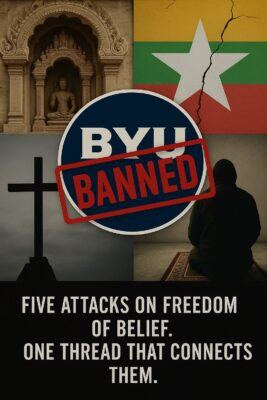
1
Myanmar: UN Warns Country Is on “Path to Self-Destruction” Amid Escalating Conflict
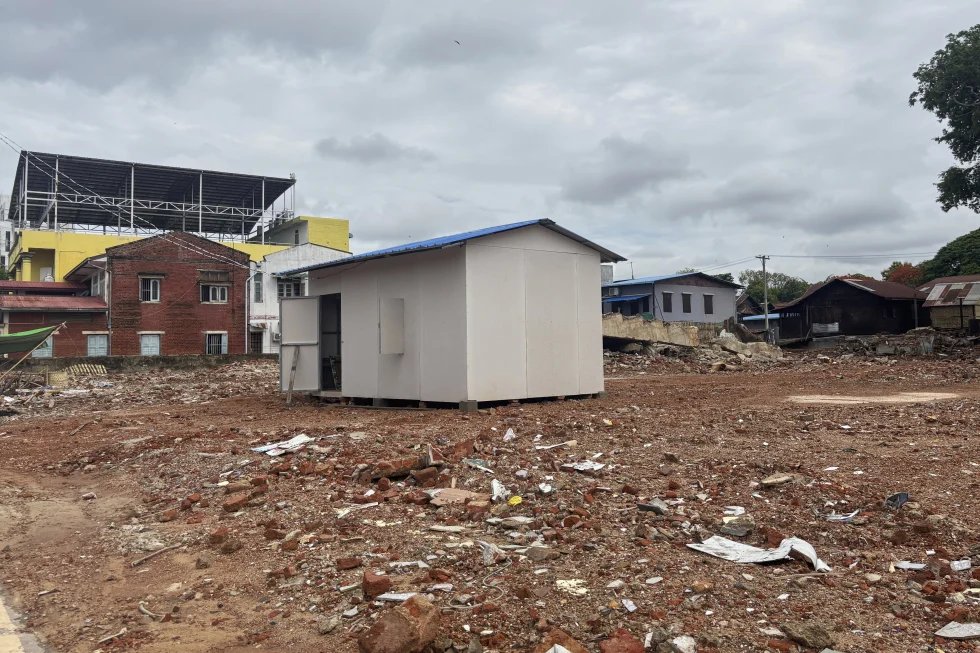
The fault lines in Myanmar aren’t just in the earth—they’re in the regime
This week, the UN’s special envoy to Myanmar, Julie Bishop, warned the country is on a “path to self-destruction” if the military and resistance forces don’t end the bloodshed.
Since the military coup in 2021, over 6,600 civilians have been killed, and ceasefires remain widely ignored—even after a devastating March earthquake killed more than 3,000 in Naypyitaw and Mandalay.
The situation for Rohingya Muslims remains especially dire: up to 80% live in poverty, trapped between military crossfire and forced recruitment by armed groups. They still face statelessness, discrimination, and systematic abuse in Buddhist-majority Myanmar.
The UN is calling for a high-level summit in September to seek “durable solutions” for the Rohingya and other persecuted minorities.
2
Religious education is now a national security threat—according to the Kremlin
Russia has added Brigham Young University (BYU) to its list of “undesirable organizations”, effectively banning the U.S.-based university, which is affiliated with the Church of Jesus Christ of Latter-day Saints, from any activities in the country.
The designation makes it illegal for Russians to cooperate with BYU, share its materials, or engage with its programs. Violators could face fines or prison time.
Russia’s move is part of a broader crackdown on foreign religious influence, especially U.S.-based groups. The Church of Jesus Christ of Latter-day Saints has faced mounting restrictions in Russia since 2016, when it was stripped of its legal “church” status and reclassified as a “foreign faith group.”
Legal experts warn the blacklist could extend to BYU alumni and affiliates engaged in humanitarian or academic work in Russia.
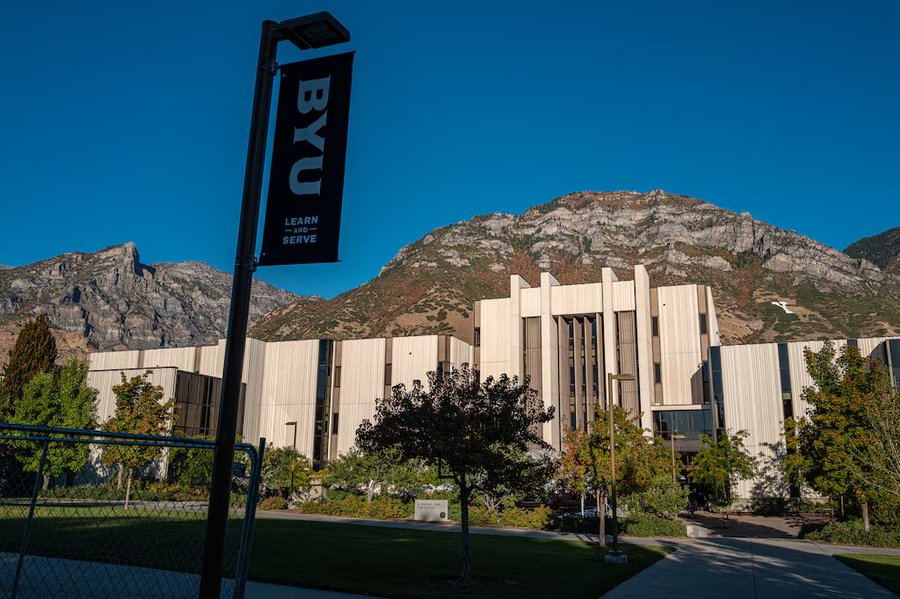
3
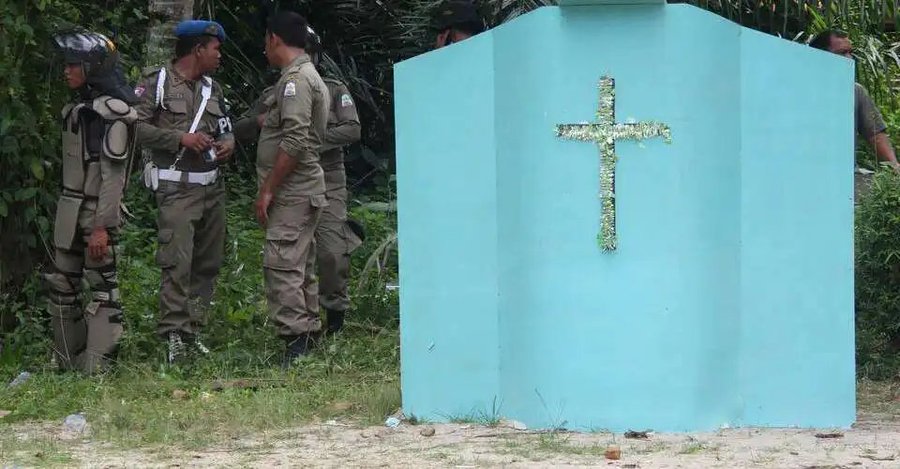
They came for peace. They were met with shattered glass and rage
On June 27, a mob of 200 Muslim residents stormed a private Christian student retreat in Tangkil Village, Sukabumi Regency, accusing them of conducting unauthorized worship.
Seven arrests were made.
The students—visiting from Jakarta—were inside a villa when the mob damaged windows, toilets, a gazebo, and a motorbike. Fearing escalation, police evacuated *36 Christians from the area.
Despite constitutional guarantees, acts of mob-driven religious intolerance continue in Indonesia, often with tacit approval or inaction by local authorities.
https://www.ucanews.com/news/seven-detained-for-disrupting-christian-retreat-in-indonesia/109525
4
They came to bless their crops. They left in ambulances
On June 20, a mob of 300–400 people armed with axes and iron rods attacked a Christian prayer meeting in Matapaka Village, Odisha, injuring at least 28. The event was a seed blessing ceremony for the agricultural season.
The attackers—linked to Hindu nationalist groups—accused the Christians of “forced conversions,” a frequent pretext for anti-Christian violence in India.
Despite multiple injuries requiring hospitalization, no arrests have been made. Police have delayed action pending a “compromise” meeting between victims and attackers.
On July 2, 7,000 people marched in protest, demanding accountability from law enforcement. Odisha, where Christians were once massacred in 2008, is again witnessing rising violence under the BJP’s new state government.
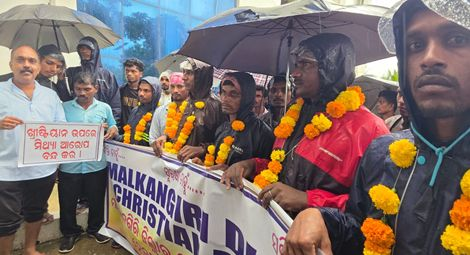
5
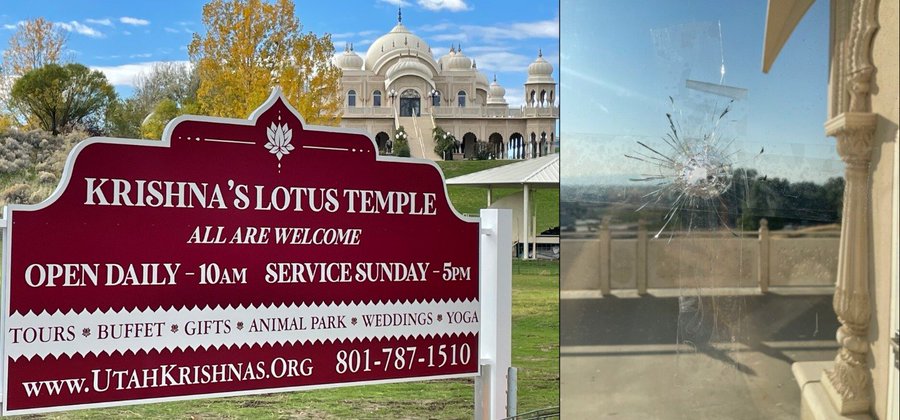
Even in small-town USA–a place called “Happy Valley”–temples need security cameras
In late June, the ISKCON Sri Sri Radha Krishna Temple in Spanish Fork, Utah, was targeted in a series of nighttime shootings. More than two dozen bullets were fired at the temple and surrounding property— while devotees were inside.
The attack caused thousands of dollars in damage, including to the temple’s intricately hand-carved arches. No injuries were reported, but the emotional toll has been profound. Law enforcement is investigating the incident as a suspected hate crime.
The Indian Consulate in San Francisco strongly condemned the attack and urged U.S. authorities to act swiftly to ensure justice.
This incident adds to a disturbing trend, houses of worship across the U.S. are increasingly under fire—not just symbolically, but literally.
Good News
From worshipping in a tent to a church of their own—this is what interfaith friendship looks like
After nearly a decade without a proper building, the St. Mary’s Ethiopian Orthodox Tewahedo Church in North Salt Lake has finally opened its doors. The congregation had been gathering in tight quarters—or even outdoors—until local LDS leaders and the Stirling Foundation stepped in to help renovate a set of former storage buildings into a fully functioning worship space.
Now, the church has a sanctuary, kitchen, bathrooms, and even housing for clergy. The ribbon-cutting was filled with joyful tears, hymns in Amharic, and a message of gratitude and unity.
“Our previous church was so small that I would cry. But today… I cry because of happiness.” —Aba Feseha, church leader.
The project was born from a conversation between Ethiopian leaders and Elder Ronald A. Rasband of The Church of Jesus Christ of Latter-day Saints—and became a testament to what’s possible when faith communities lift each other up. @EOTCofficial
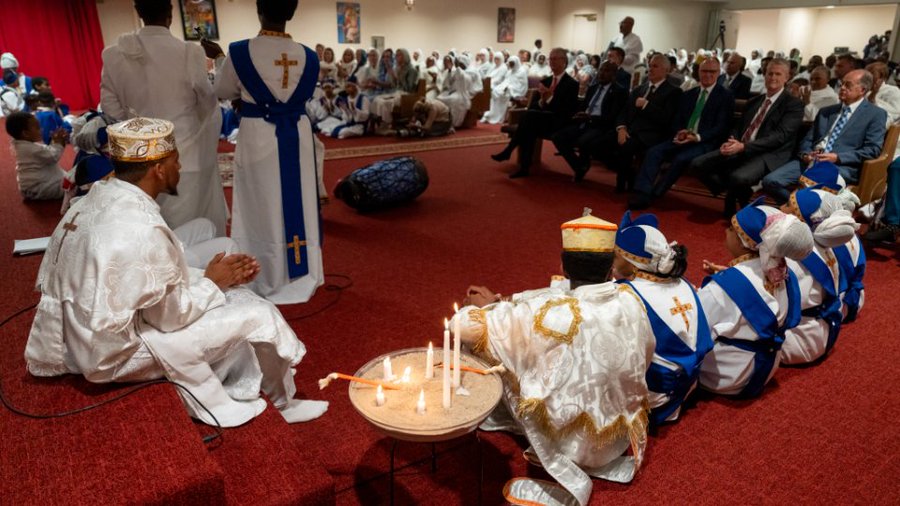
Faith is under fire—from Myanmar to Moscow to Main Street USA. But you can do something about it.
- Read the thread
- Follow @FirstFreedomOrg
- Share these stories
- Donate to repair the Krishna temple: https://gofundme.com/f/support-repairs-to-the-krishna-temple-today
Stand for faith. Show up for freedom. #FoRB4All
